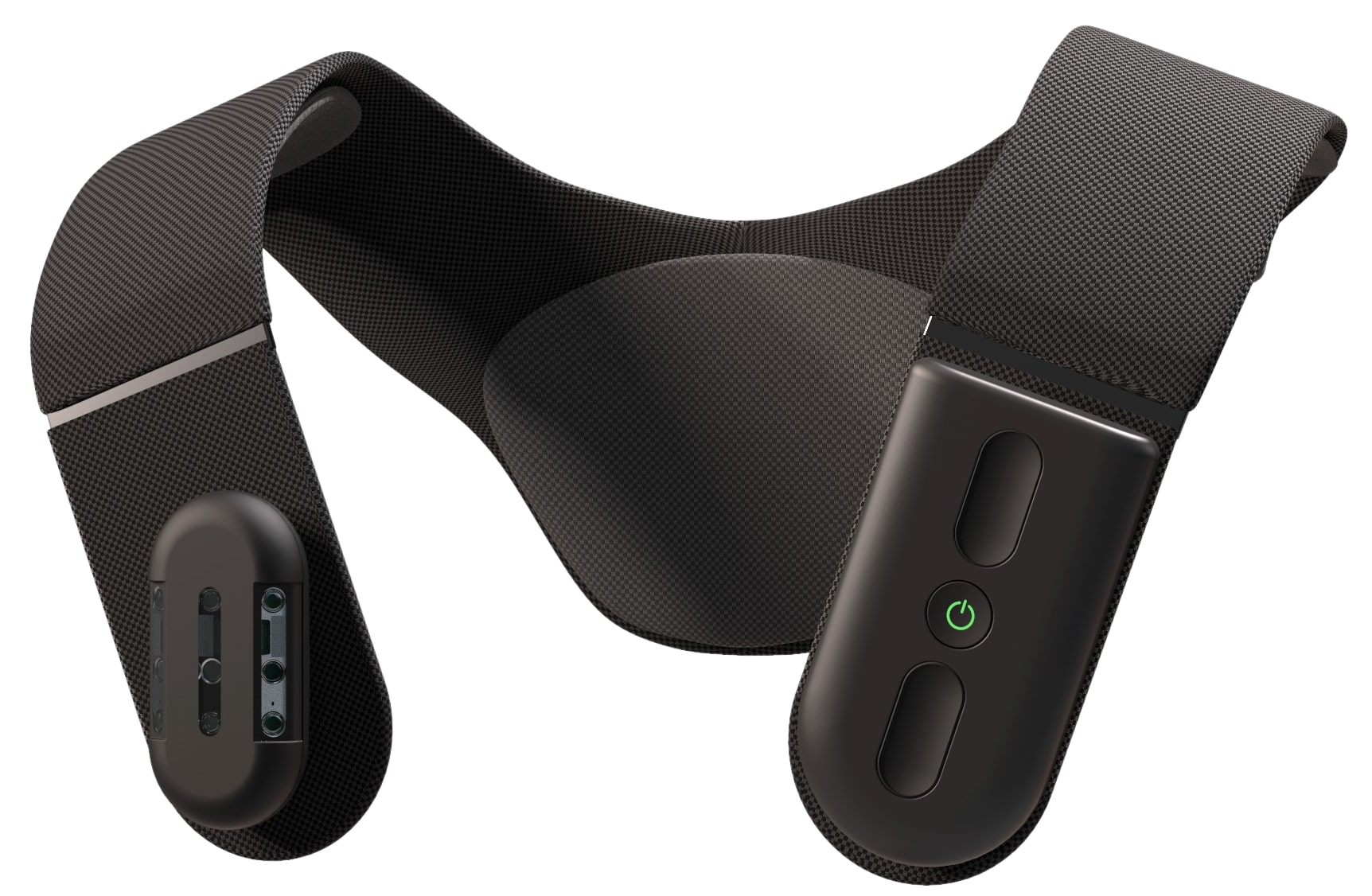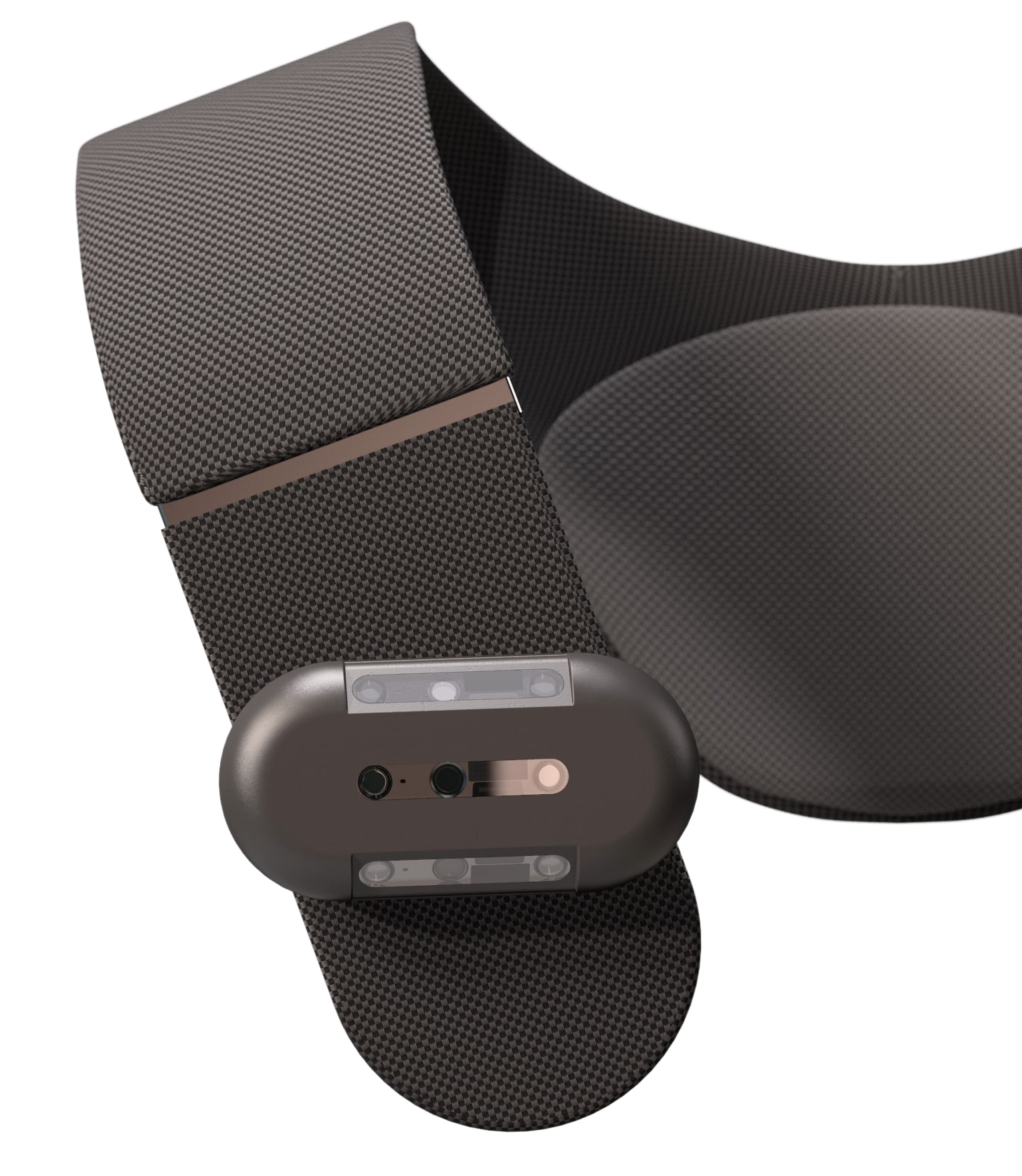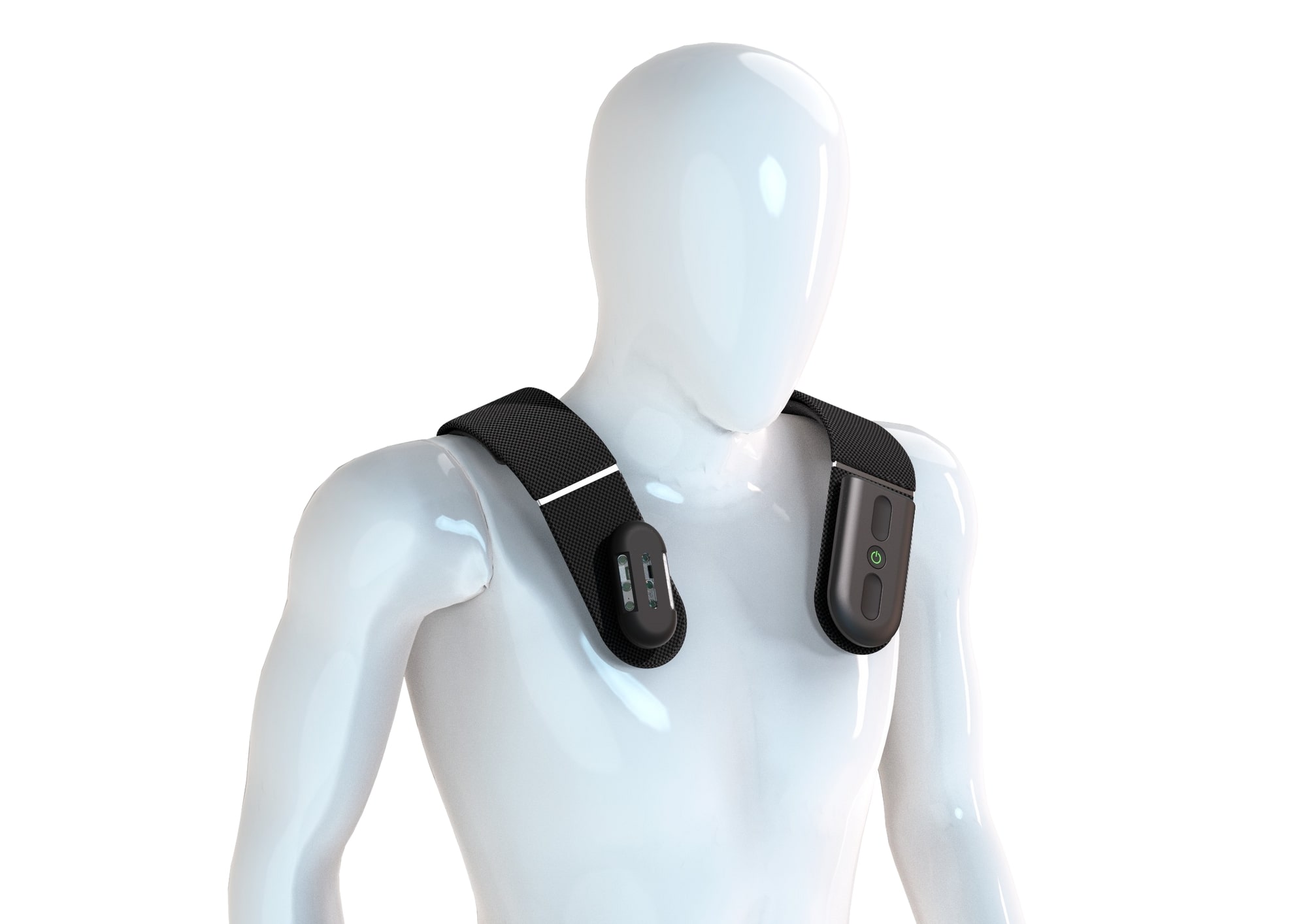
- Inspiring People -
- 4mins -
- 738 views
This smart harness helps the blind and visually impaired “see” and avoid obstacles using sound
biped is the world’s first AI copilot for blind and visually impaired people, bringing autonomous driving features to humans by predicting surroundings a few seconds ahead and generating intuitive feedback through spatial sounds.
AI copilot provides real-time “vision” with sounds
40 million people in the world are blind, and close to 300 million suffered from visual impairment. Avoiding obstacles, finding important objects around and discovering new places are often cited as the largest pain points of visually impaired users. This creates stressful situations, and might limit their independence.
To solve this, Swiss startup biped is building the worlds first AI copilot for blind and visually impaired people. The device is a small harness worn on the shoulders that replicates autonomous vehicles, but for humans. The technology captures the environment using 3-D cameras; identifies and predicts trajectories of all surrounding objects in real time, to only focus on what matters the most; finally, it guides the user using 3-D sounds.
The device was codeveloped with associations, hospitals and end-users since the very beginning. biped is the result of five iterations, tested with more than 65 users along the journey. Its makers hope that biped will bring environmental awareness to blind and visually impaired people, and become the perfect compliment to white canes and guide dogs.

The problem
Walking independently as blind or visually impaired person involves a lot of challenges. Avoiding obstacles undetected by white cane, finding crosswalk is hard and even a simple walk in a park can feel stressful.
1. Risky obstacles: Walking with a white cane exposes users to collisions with their environment
2. Stressful situations: It remains very hard to find crosswalks or walk in a crowded place
3. Lack of independence: Discovering new environments often requires external help, or specific training.

The solution
biped is an AI copilot device that brings autonomous driving capabilities to humans. Wear it on your shoulders, and start hearing what matters around you with bone conduction headphones. Using 3D cameras, biped identifies and predicts the trajectories of surrounding elements to filter the most important information, a few seconds in advance.
biped uses spatial sounds to let you feel the position of the important elements around you. Spatial sounds are sounds that are really close to real-life sounds, you can feel that they come from a specific position in space. The device is delivered with bone bluetooth conduction headphones, to capture all of your surroundings.
Comprising a comfortable and lightweight collar fitted with 3-D cameras, biped continuously monitors a 170° field of view for the user detecting, tracking and predicting the trajectories of all surrounding elements a few seconds in advance. It then filters the relevant information and warns the wearer via immersive 3-D sounds.
“This mirrors the way autonomous vehicles work,“ says CEO and co-founder, Mael Fabian, who drew on his own research background in this area. “biped will, for example, warn a user about a bike 12 m ahead on the user’s trajectory, but ignore an object that is closer but with no collision risk.“

How it works
The software behind biped is inspired by autonomous vehicles. It integrates the latest advances of research and industry, at the pedestrian level. It will allow you to safely and intuitively navigate in your daily life.
- Avoid Obstacles: The device identifies and predicts obstacle positions. Never hit an obstacle again.
- Identify important Objects: SoundMap identifies more than 20 classes of objects. Get warned through spatial sounds of any important object that is on your way.
- Navigate unknow places: Get guided in new environments with simple audio feedback. You can also connect your smartphone’s GPS.
- Safety: biped even works at night, thanks to its infrared cameras. Avoid any obstacle, any time.
- Intuitiveness: biped is intuitive to use from the start, and comes with a short training provided via an app.
- Discover: biped connects to your smartphone’s GPS to guide you to new places.

